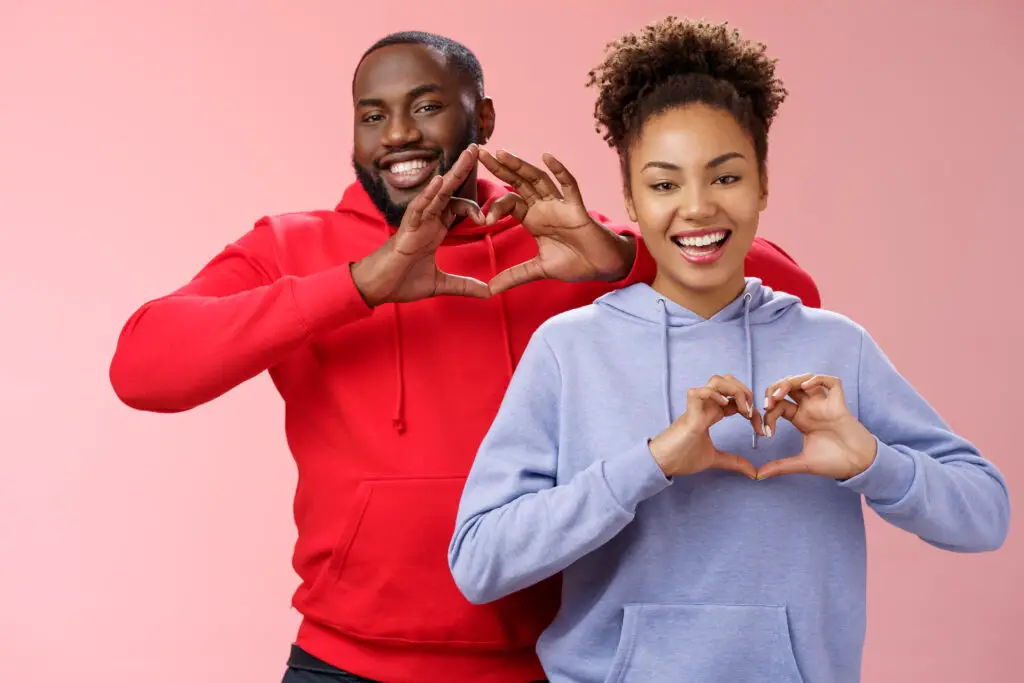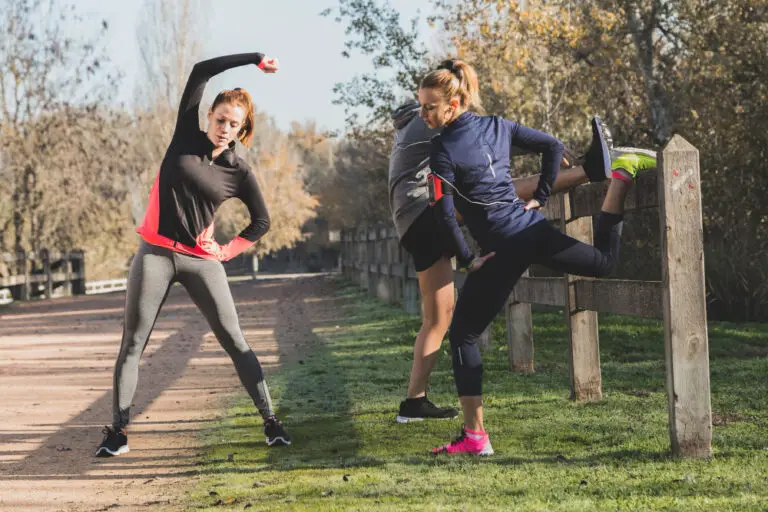Outline
Preface
Psychological Well-Being and Emotional Support
Social Influence on Health Behaviors
Physical Health Benefits of Social Connections
Communication and Conflict Resolution Skills
Emotional Resilience and Supportive Networks
Cultivating Positive Self-Identity and Growth
Tips to improve Friendships and Romantic Relationships
Conclusion
Article
Preface
Friendship and romantic relationships lie at the heart of human existence and significantly influence general well-being and health. Apart from the core base of emotional support and companionship, friendships and romantic relationships also serve to determine behavior, habit formation, and attitude toward health. This paper outlines the various ways in which friendships and romantic relationships influence living a healthy life on a psychological, social, and physiological level.

Psychological Well-Being and Emotional Support
Clearly, one of the most salient advantages of friendships and romantic relationships is their strong impact on psychological well-being. Close relationships do indeed provide a sense of belonging, security, and emotional support-ingredients quite necessary in overcoming stress and adversity. And consistently, research has shown that people with stronger social connections exhibit lower levels of anxiety and depression. Sharing with a trusted friend or partner lightens the load emotionally and builds resiliency, thereby allowing one to see life in a positive way.
In romantic relationships, emotional support is extended to shared responsibilities, encouragement through all situations, and further into an understanding of each other’s emotional needs. This becomes the insulation needed to navigate life’s problems and thus creates good psychological health and general satisfaction with life.
Social Influence on Health Behaviors
One of the major influences friendships and intimate relationships have is on health behaviors and a healthy lifestyle. Accordingly, people in a close circle of friends or partners usually establish a set of similar habits and routines. As such, people in a tight-knit group of friends may go hiking or play team sports together, hence engaging in periodic physical exercise.
More commonly, though, romantic partners influence each other’s food intake, sleep, and ways of managing stress. Appreciated mutual activities and interests may inspire each partner to pursue health promoting behaviors such as making healthy meals together, practicing mindfulness exercises, or encouraging one another to attain exercise targets.
While positive features of relationships, such as quitting smoking or reducing alcohol consumption, have a positive impact on health, negative behaviors of relationships, like excessive alcohol use or unhealthy dieting, have an adverse effect on health. Thus, the quality of interaction and encouragement given in relationships strongly affects a person’s health behavior and, subsequently, his quality of life.
Physical Health Benefits of Social Connections
Beyond the psychological and behavioral effects of friendships and romantic relationships, these have real-world consequences for physical health. While research has documented the association of social isolation with cardiovascular health, immune function, and overall mortality, the stress-buffering effects of social support can reduce blood pressure and lower the risk for chronic diseases related to chronic stress.
Physical activities with friends or partners enhance not only physical fitness but also the regularity of workout. The companionship and encouragement from friends make physical activity more enjoyable and hence it can be continued for a longer time.
Moreover, in intimate relationships, sexual relations can contribute to health. Intimate relationships have been linked to lower levels of cortisol, or the stress hormone, and higher levels of oxytocin, or the so-called “bonding hormone,” thus promoting relaxation feelings, happiness, and well-being.

Communication and Conflict Resolution Skills
The ability to communicate effectively and resolve conflicts is one of the main components of any healthy relationship. Friendships and romantic relationships do allow a person to develop, exercise, and implement this skill successfully for sustaining emotional closeness and resolving disputes constructively.
Open lines of communication create a sense of trust and mutual understanding in friendships, where individuals are able to express themselves freely concerning their thoughts, feelings, or concerns. Conflict resolution skills enable friends to handle disagreements without causing any damage to the relationship; thus, the supportive and nourishing qualities are preserved.
Similarly, with romantic relationships, in order to have a successful relationship, communication is about conflict resolution. The ones that always communicate with respect and honesty will resolve problems, compromising when needed and allow the emotional bond between them to grow. These are much better and healthier relational attributes promoting more satisfaction and stability.
Emotional Resilience and Supportive Networks
It nurtures emotional resilience through friendships and romantic relationships that later on will serve as a support system during hard or bad times. Coping mechanisms are improved by just having somebody trusted whom one can turn to for empathy, encouragement, and other forms of help to ease any feelings of loneliness or isolation.
During times of crisis or when a person is afflicted with illness, emotional support in the form of friends or a romantic partner can alleviate tension and reduce suffering, as it accelerates the process of healing while instilling hope and optimism in the individual. The feeling of one being assured that he or she is not alone in facing or dealing with adversity consolidates stability and reinforces the emotional strength to overcome life’s trials and tribulations.
Cultivating Positive Self-Identity and Growth
Healthy friendships and romantic relationships are very helpful for personal growth and building a good self-identity. The interactions make people develop high self-esteem and become confident when there are associates who appreciate their strengths and qualities.
Mutual respect and acceptance in friendships bring out a feeling of belonging. This allows the individual to explore interests, meet personal goals, and accept themselves as unique. The positive feedback and validation by friends enhance a healthy self-concept and thus one’s self-worth.
Similarly, romantic relationships provide a chance to find oneself and build emotional intimacy. A relationship where respect, trust, and admiration exist creates an environment in which the individuals can risk for growth and self-improvement. Normally, couples inspire each other to excel, pursue their passion, and even break from sabotaging influences, which would greatly enhance positive self-identity and lead to common aspirations.
Tips to improve Friendships and Romantic Relationships
1.Reliable: One should always be dependable upon and fulfill the commitment one promises. One should keep promises and be responsible both on words and actions.
2. Empathetic: One should exercise empathy through putting one’s self in understanding your friend or partner’s feelings, perspectives, and experiences of one another. It gives rise to emotional bonding and helps in strengthening relationships.
3. Forgiving: Let it survive in life that misunderstandings and mistakes do take place in every relation. Forgive, forget the grudges, and march ahead together with comprehension and empathy.
4. Invest Time and Effort: To maintain a relationship, the time, effort, and attention the persons require are incessant. Nurturing friendships and romantic partnership through regular communication, support, and sharing activities is important.
5.Focus on Growth Together: to live in a relationship we need to learn through difficulties, rejoice in achievements, and grow through changes together. You should welcome opportunities for learning and growth within your relationship.
Applying these suggestions to friendships and romantic relationships helps someone live a fuller and more balanced life, which is good in every respect-emotionally stable, socially supported, and developing mutually.

Conclusion
In summary, friendships and romantic relationships are strong predictors in the promotion of healthy lifestyle on psychological, social, and physical levels. From emotional support through encouragements for healthy behaviors, improved communication, and to well-being and resilience, these relationships facilitate it all. Shared activities, mutual encouragement, or emotional closeness-the ties of friendship and romantic partnerships make lives more meaningful while contributing to the longer-term health outcomes for individuals. Invest in meaningful relationships and nurture supportive connections that will further enhance personal happiness in the pursuit of a well-rounded lifestyle of mutual care and companionship. It is, therefore, important that one builds and maintains healthy relationships to achieve holistic well-being and build a life filled with joy, resilience, and growth for mutual benefit.






